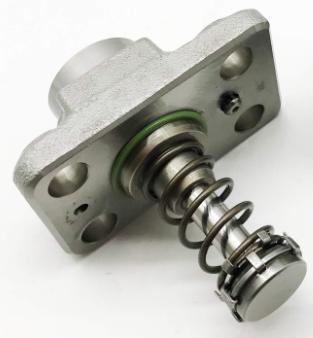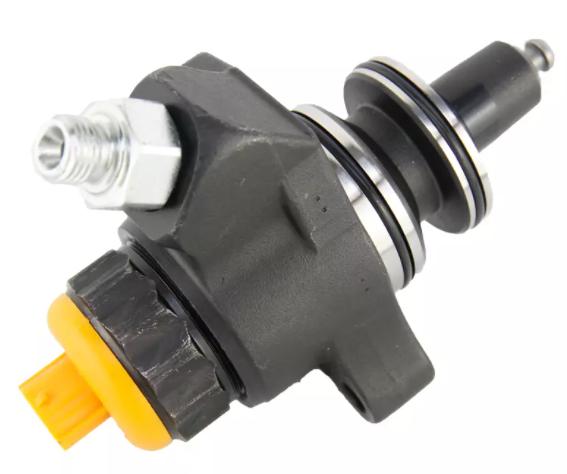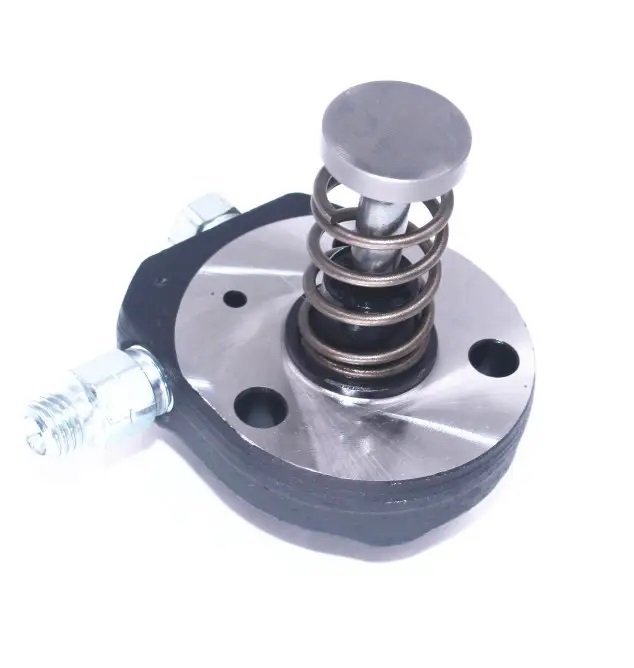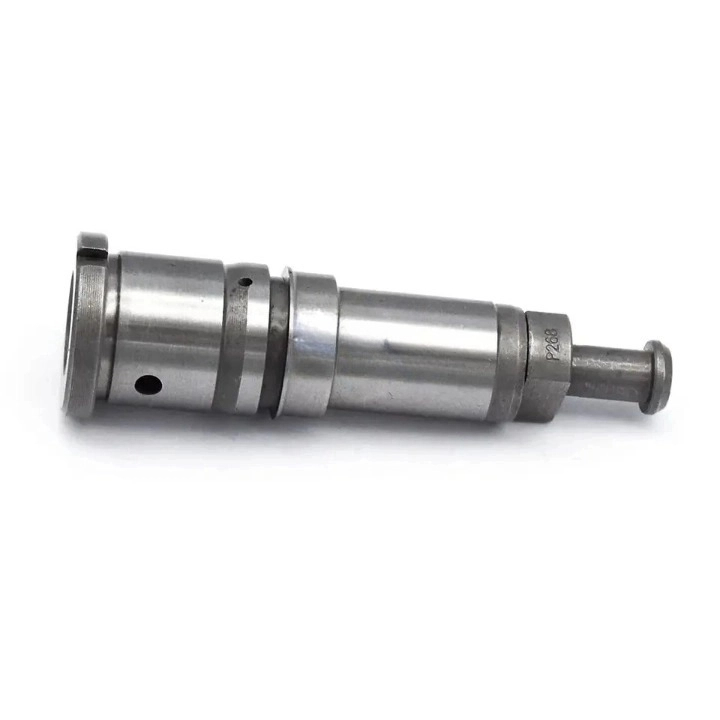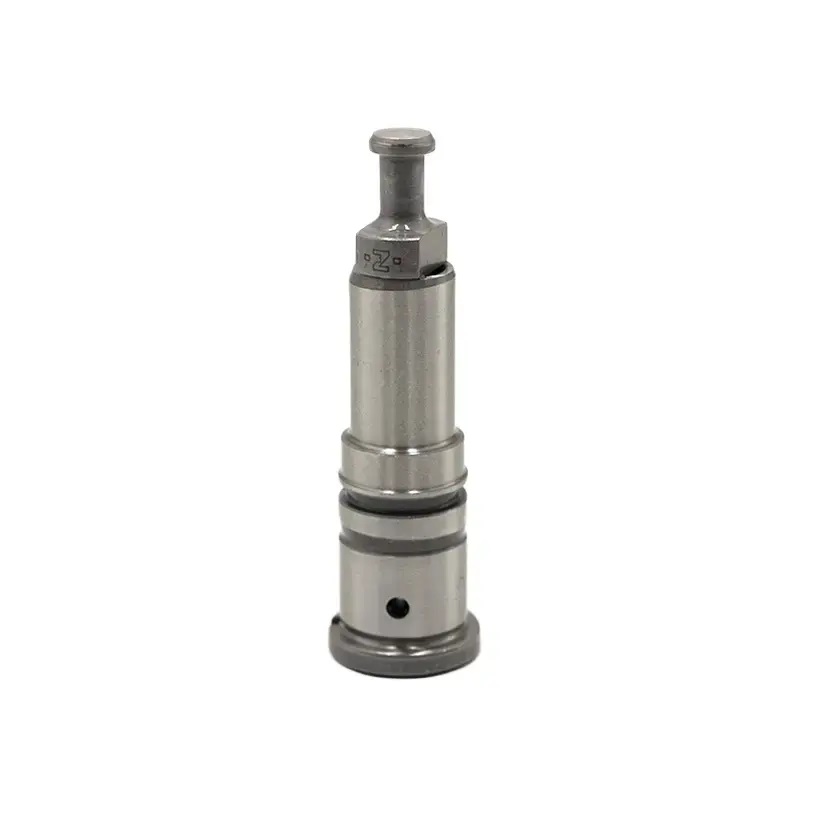High Efficiency Fuel Injection Pump Plunger M30 Pump Elements Diesel Engine Parts
products description
| Reference. Codes | M30 |
| OE/OEM Codes | / |
| Application | / |
| MOQ | 5 PCS |
| Certification | ISO9001 |
| Place of Origin | China |
| Packaging | Neutral packing |
| Quality Control | 100% tested before shipment |
| Lead time | 7~15 working days |
| Payment | T/T, Paypal, Western Union or as your requirement |
Structural design, material properties and wear mechanism analysis of oil pump plunger
Oil pumps play a key role in many industrial fields and transportation tools, while the oil pump plunger, as one of the core components of the oil pump, has a direct impact on its performance in terms of efficiency, output pressure and service life. Therefore, in-depth study of the structure, material and wear mechanism of oil pump plunger is of great practical significance.
The oil pump plunger usually has a slender cylindrical shape, and its surface machining precision requirements are extremely high to ensure good sealing with the inner wall of the pump cylinder. The head of the plunger is designed in various forms, such as flat top, ball head and conical head, etc. Different head shapes are suitable for different working scenarios and oil pump types. On the cylindrical surface of the plunger, there are often spiral grooves or straight grooves, which can not only play an auxiliary role in lubrication and sealing, but also regulate the fuel in and out to a certain extent. In addition, the size of the plunger parameters, such as diameter, length and stroke, etc., are based on the specific working requirements of the oil pump for accurate design to meet the needs of different working conditions of fuel delivery.
In order to adapt to the oil pump work of high pressure, high speed and high wear environment, the oil pump plunger is generally selected with high strength, high hardness, good abrasion resistance and corrosion resistance of the material. Common materials include alloy structural steel, stainless steel and some metal materials with special surface treatment. Alloy structural steel through a reasonable ratio of alloying elements, such as the addition of chromium, molybdenum, nickel and other elements, to improve the comprehensive mechanical properties of the material, so that it has a better wear resistance and fatigue strength. Stainless steel material is mainly used for its excellent corrosion resistance, suitable for some of the fuel quality requirements of higher or more severe working environment occasions. At the same time, some advanced surface treatment technology, such as nitriding, chromium plating, hard chrome plating, etc., can form a layer of high hardness on the surface of the plunger, wear-resistant coating, to further improve the surface performance of the plunger, to extend its service life.
In the working process of the oil pump, the oil pump plunger is subjected to various forms of wear. First of all, due to the high-speed relative motion between the plunger and the inner wall of the pump cylinder, friction wear will occur, which is one of the most common forms of wear. Second, impurity particles in the fuel can cause abrasive wear on the plunger surface. These impurities act as abrasives in the gap between the plunger and the pump barrel, constantly scraping the plunger surface and accelerating its wear process. In addition, in a high-pressure environment, the scouring effect of the fuel will also lead to the gradual stripping of the material on the plunger surface, resulting in the formation of erosive wear. At the same time, the plunger will be subjected to alternating stress during reciprocating motion, which may cause fatigue wear in the long run, leading to cracks or even fracture on the plunger surface.
The structural design, material properties and wear mechanism of the oil pump plunger are related to each other and jointly affect its performance and service life. By optimizing the structural design, reasonable selection of materials and taking effective protective measures, the wear resistance and reliability of the oil pump plunger can be significantly improved, thus enhancing the performance and stability of the whole oil pump system. In the future development, with the continuous progress of material science and manufacturing technology, the oil pump plunger is expected to make greater breakthroughs in performance, providing more powerful support for the development of various industries.














